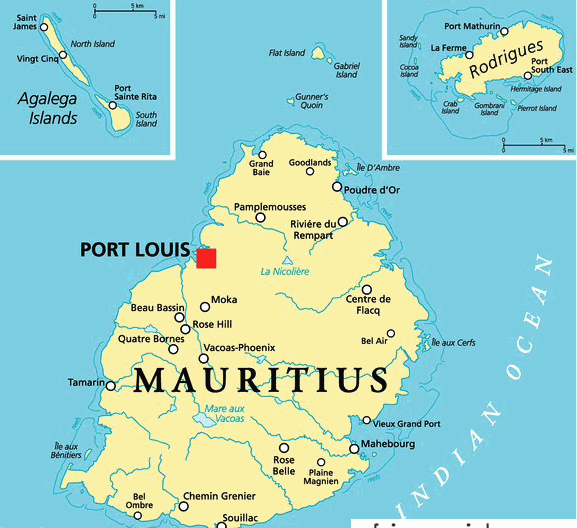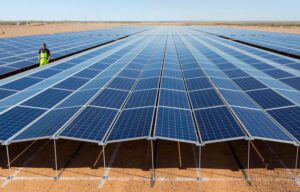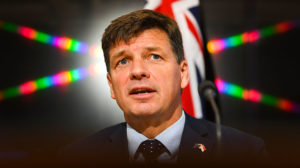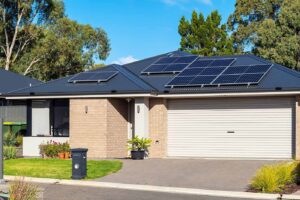Carnegie Clean Energy’s plans to use its world-leading CETO wave energy technology to develop a renewable energy microgrid for the island Republic of Mauritius are beginning to take shape, with the completion of plans for stage one of the hybrid power station.
The ASX-listed company said on Monday it had completed the detailed design of a wave energy integrated hybrid power station for the Mauritian island of Rodrigues, with stage 1 consisting of 2MW of solar PV and a 2MW/0.5MWh battery system, with intelligent control systems to ensure reliable, utility grade power quality and grid stability.
The 12 month, $990,000 project – which has received $800,000 in funding from the Australian federal government – also aims to pave the way for high penetration renewable generation, putting the island nation on a path to take it beyond the current national 2025 target of 35 per cent renewables set by the government.
At a workshop held in Bagatelle, Carnegie also provided a detailed assessment of the Mauritian wave energy resource, and the identification of a preferred site for Carnegie’s CETO wave energy technology.
Carnegie, which last year merged with fellow WA microgrid and energy storage specialists Energy Made Clean, has been going from strength to strength since the successful completion of its wave power pilot CETO 5 Perth Project, the world’s first grid-connected wave energy plant.
Since then, it has been transforming the Garden Island facility into the world’s first solar, battery and wave integrated microgrid, this time using its larger-scale CETO 6 technology, the existing desalination plant, and 2MW of solar PV and a 2MW/0.5MWh battery storage system – a template for Mauritius.
Carnegie’s manager of project operations, Neil de Tisi, says the company’s innovative Rodrigues wave energy integrated hybrid power station design now offers replicability for other small island developing states, too.
“We look forward to working with the Mauritian government and key stakeholders to deliver on the recommendations of the project,” he said.
Dr Arjoon Suddhoo, executive director of the Mauritius Research Council, said Carnegie’s achievements so far were a first for many small island developing states, offering energy security and economic diversification and growth.
“For the MRC, this is an excellent vehicle for new technology transfer to Mauritius and its dependencies, where local and international collaboration is critical,” he said.









